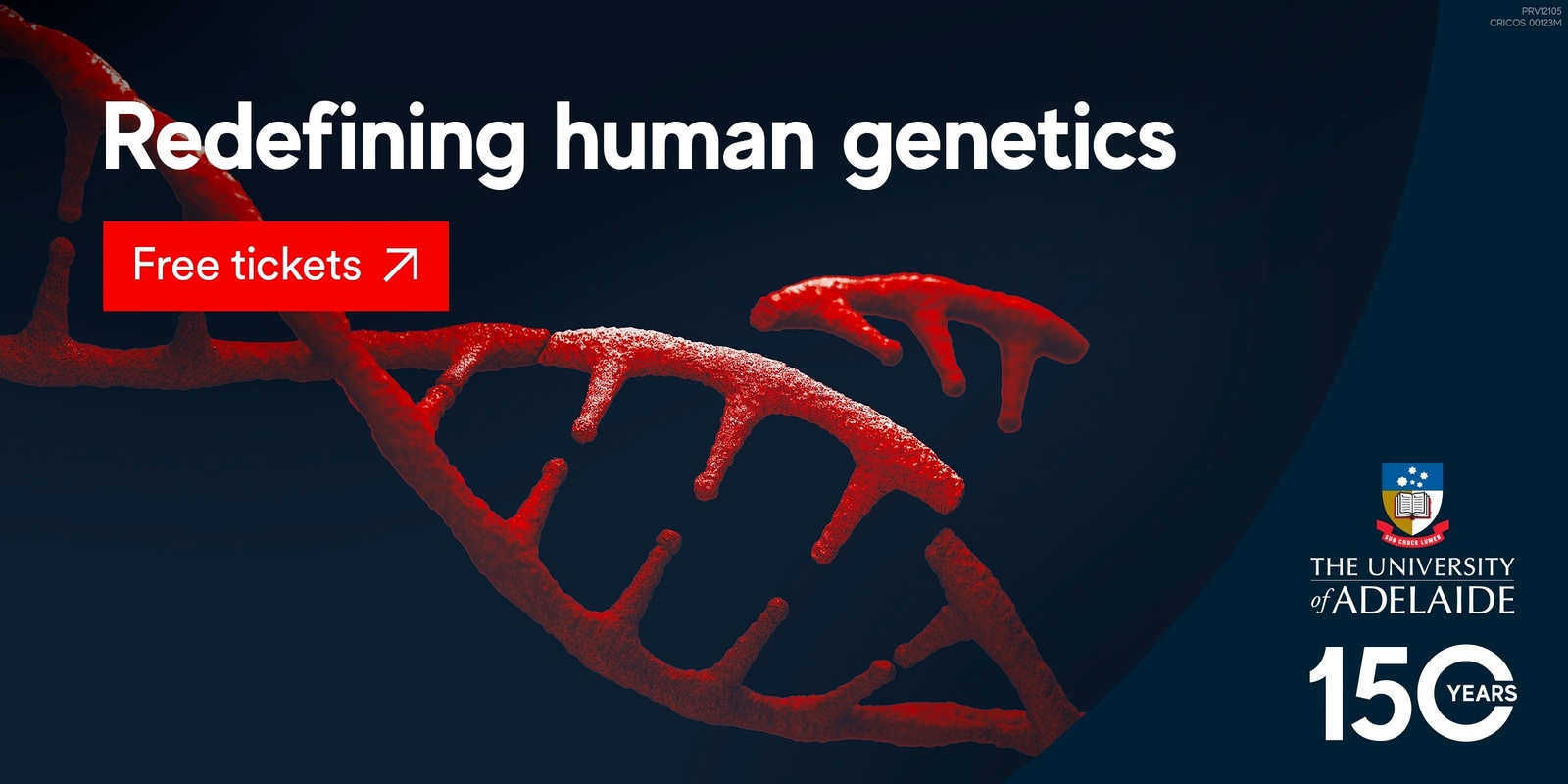Research Tuesdays - Redefining human genetics
Event description
Imagine a world where advanced gene editing was commonplace: would there be designer babies, fewer genetic diseases, longer lifespans? While this may sound like a work of science fiction, CRISPR technology is rapidly advancing researchers toward these possibilities.
CRISPR, which allows for precise editing of genes, is already used effectively across many fields. In agriculture, researchers are reducing cost and waste through disease-resistant crops; in skincare, CRISPR is being explored to target specific genes related to skin health and aging.
At the University of Adelaide, Professor Paul Thomas uses the Nobel-prize winning technology to lead the Genome Editing Program. He’s working to arrest the impact of various genetic diseases through development of innovative precision therapies, he’s helping suppress invasive pests such as mice and rats––and he’s speaking out about the possible risks of gene editing.
Join us in October to learn the impacts––both positive and negative––gene modification could have on our health, environment, and society.
The presenter
Professor Paul Thomas leads the Genome Editing Program and the SA Genome Editing (SAGE) Facility at the University of Adelaide and SAHMRI. He has over 30 years’ experience in molecular genetics, and his research focuses on the development of CRISPR/CAS9 genome editing technology for a range of applications including genetic therapies for eye and muscle disease, generation and analysis of mouse models for neurodevelopmental disorders, and synthetic gene drives for invasive pest suppression. He has published more than 130 scientific articles and has more than 12,000 citations.
Tickets for good, not greed Humanitix dedicates 100% of profits from booking fees to charity

